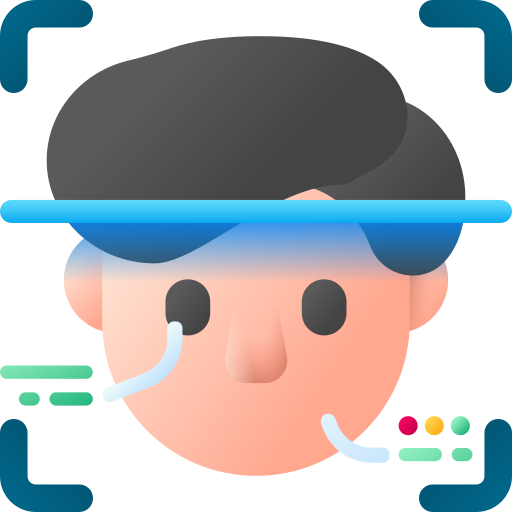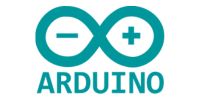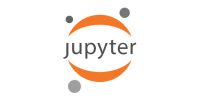Empowering Young Minds with Python Coding in Australia
Equip your child with essential skills in website development, game design, and application creation, and delve into the exciting realms of Machine Learning (ML) and Artificial Intelligence (AI).
One-on-one live sessions
Tailored syllabus
Fully online
What Will Your Child Learn?

Craft engaging single & multiplayer games.

Develop AI models and chatbots.

Explore Data Science and Machine Learning.

Build object and face recognition software.
Tools covered in this course






Course curriculum and learning path
- Fundamentals of Python programming language
- Basic syntax and data types
- Control structures (loops and conditionals)
- Functions and modules
- Introduction to problem-solving with Python
- Introduction to game development concepts
- Basics of Pygame library for creating 2D games
- Designing game characters, backgrounds, and animations
- Implementing game mechanics such as player movement, collision detection, and scoring
- Building a simple interactive game project
Advance
- Advanced Pygame techniques for game development
- Creating complex game features like game states, menus, and user interfaces
- Incorporating sound effects and music into games
- Optimizing game performance and handling user input
- Developing a more advanced game project with enhanced gameplay and features
- Introduction to blockchain technology and its principles
- Basics of cryptocurrency and smart contracts
- Understanding blockchain data structures and cryptography
- Implementing a simple blockchain system using Python
- Exploring real-world applications of blockchain technology
- Introduction to robotics and microcontrollers
- Basics of Arduino programming and interfacing with sensors and actuators
- Building and programming robotic systems using Arduino boards
- Implementing advanced robotics concepts such as PID control and path planning
- Developing and testing autonomous robot projects
- Introduction to computer vision and image processing
- Basics of OpenCV library for image manipulation and analysis
- Implementing image processing techniques such as filtering, edge detection, and contour detection
- Object detection and recognition using OpenCV
- Building computer vision applications and projects with Python
- Fundamental data structures such as arrays, linked lists, stacks, queues, and trees
- Basic and advanced algorithms including sorting, searching, and graph algorithms
- Analysis of algorithms: time and space complexity
- Problem-solving techniques and strategies
- Implementation of data structures and algorithms using Python
- Introduction to data science and its applications
- Data manipulation and analysis with Python libraries such as Pandas and NumPy
- Data visualization using Matplotlib and Seaborn
- Introduction to machine learning concepts and algorithms
- Hands-on projects and case studies in data science using Python

Why Choose KOD2KIDS

Customized Classes & Content
Our classes are tailored to suit each child's interests, learning pace, and objectives.

Expert, Background-Verified Instructors
Our instructors, all graduates in Computer Science, possess extensive experience in teaching children coding.

Personalized Learning Path
We offer a personalized learning path for each student, ensuring optimal progress and skill development.

Immersive 1:1 Live Classes
Students benefit from immersive 1:1 live classes guided by top-tier educators, ensuring a high-quality learning experience

Affordable Pricing
Kod2Kids offers competitive pricing for its courses, making quality coding education accessible to a wide range of families.

Safe Learning Environment
Kod2Kids provides a safe and supportive online learning environment, where children can explore, experiment, and grow without any worries.
Frequently asked questions
The optimal starting age for Python learning varies, but typically children as young as 8 years old can begin. However, readiness and interest levels of each child play a crucial role.
In a Python course, children grasp fundamental programming concepts such as syntax, data types, control structures, functions, and modules. They also explore advanced topics like game development, data science, and robotics.
The duration of a Python course can vary. Courses may range from several weeks to a few months, depending on the curriculum and pace of learning.
Yes, many Python courses offer personalized support and tutoring. Instructors tailor the lessons to match each child’s learning pace and offer individualized guidance and assistance as needed.
Yes, Python courses for children often include practical projects and applications to reinforce learning. These may involve creating games, developing websites, analyzing data, building robots, and more.
Progress in the course is typically tracked and assessed through various methods such as quizzes, tests, coding assignments, project submissions, and instructor feedback. Some courses may also provide progress reports or assessments at regular intervals.
Learning Python programming can open numerous opportunities for children. It helps develop critical thinking, problem-solving, and computational skills. Moreover, Python is extensively used across different industries, paving the way for future careers in technology, finance, healthcare, and education.

